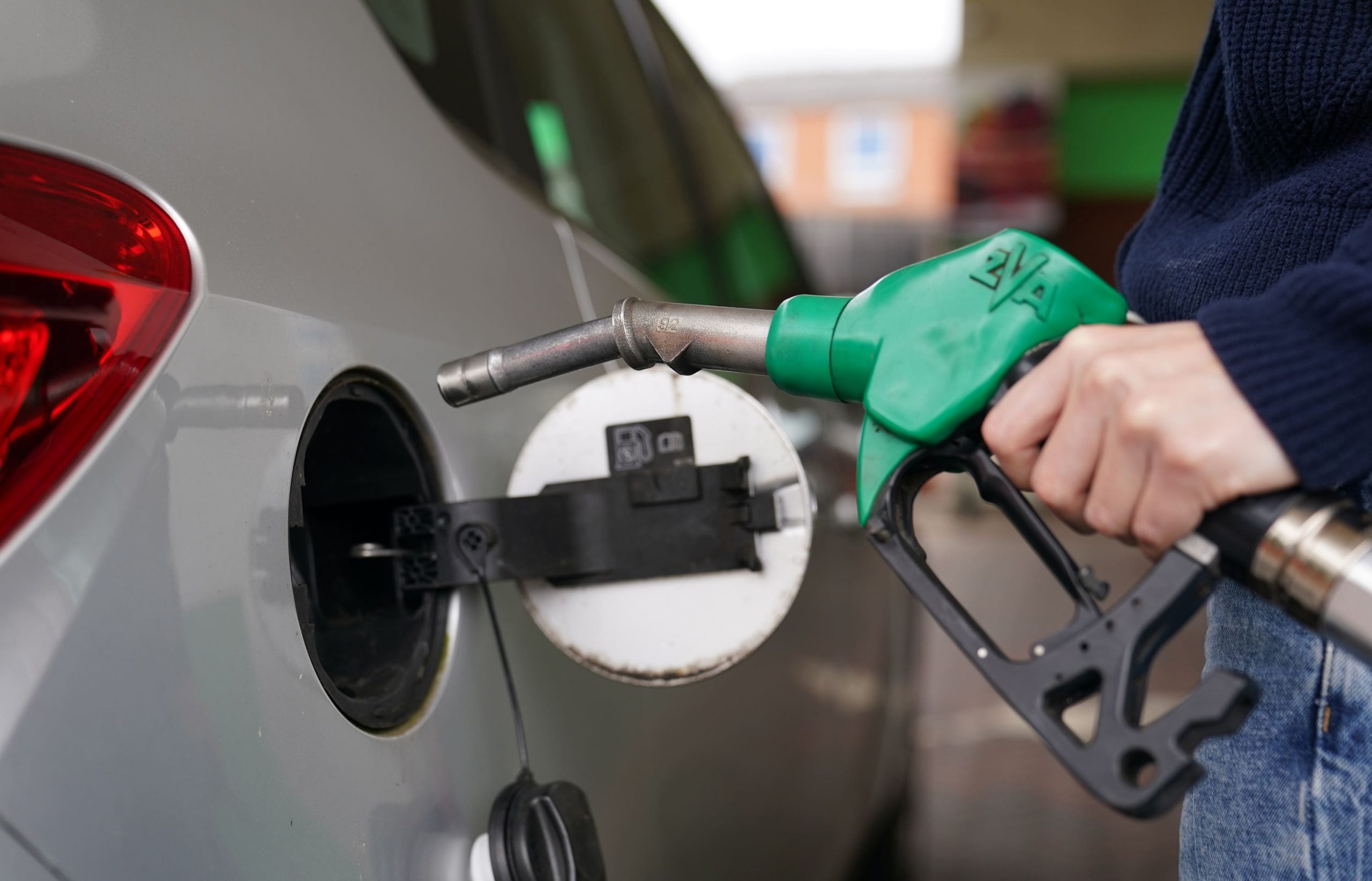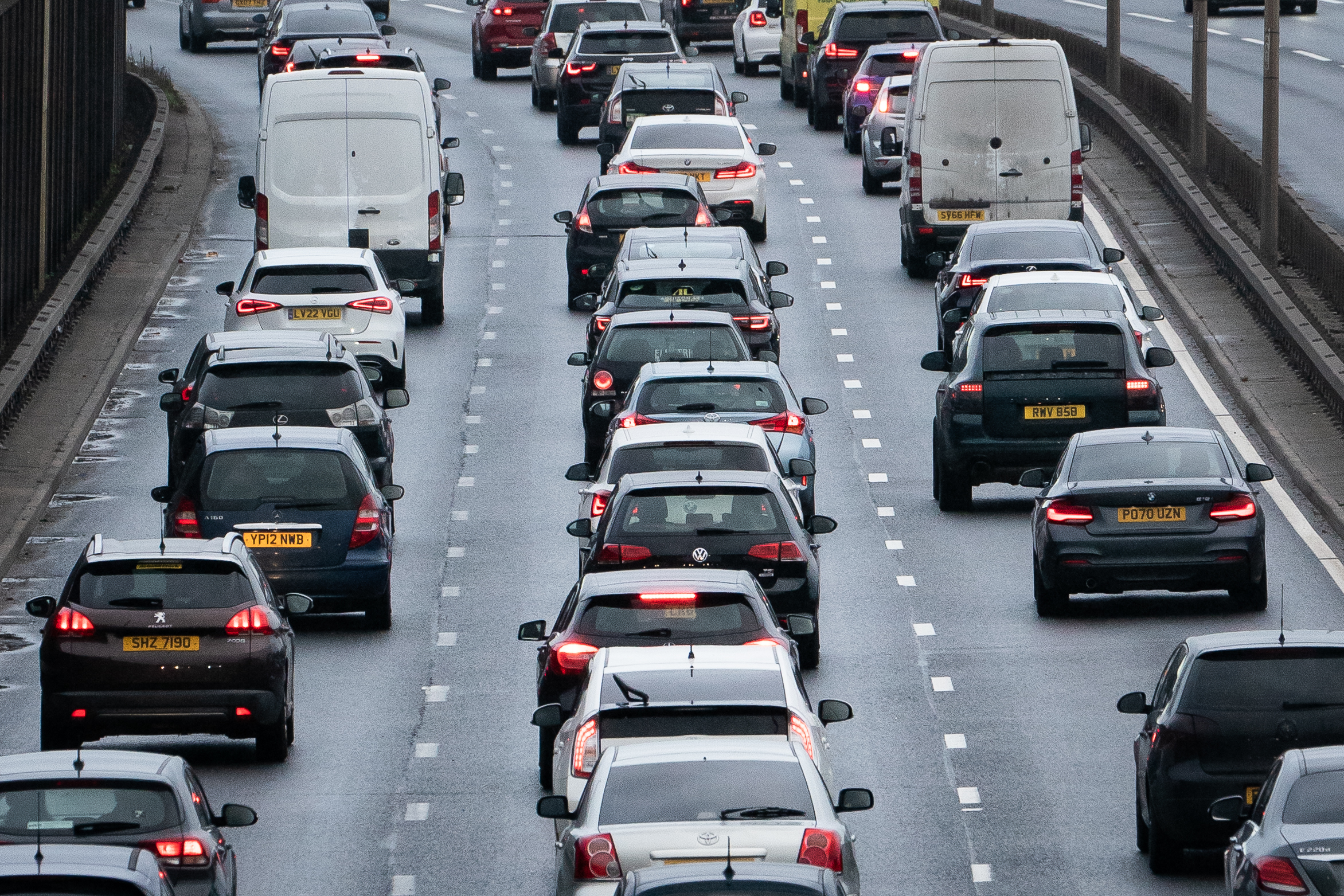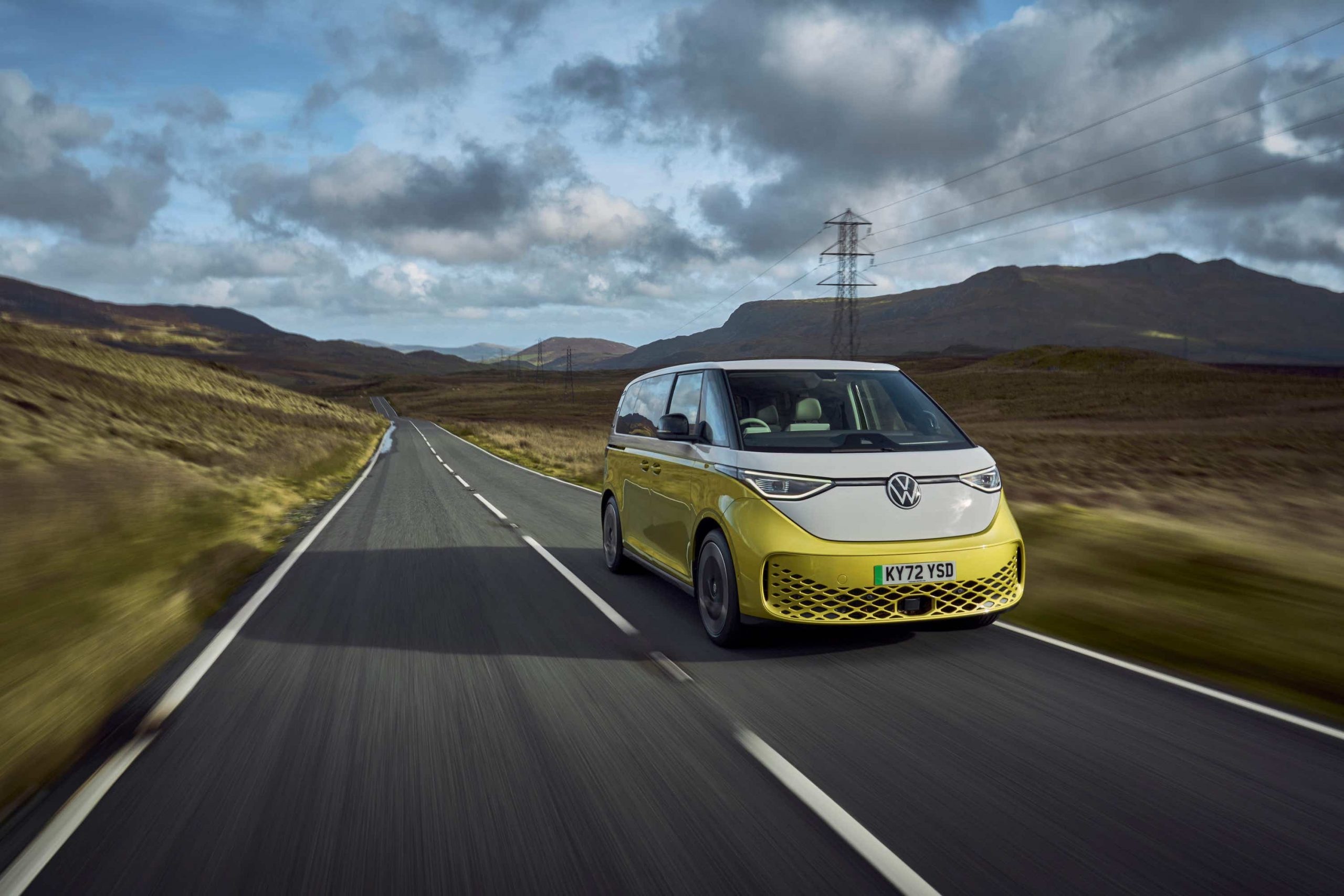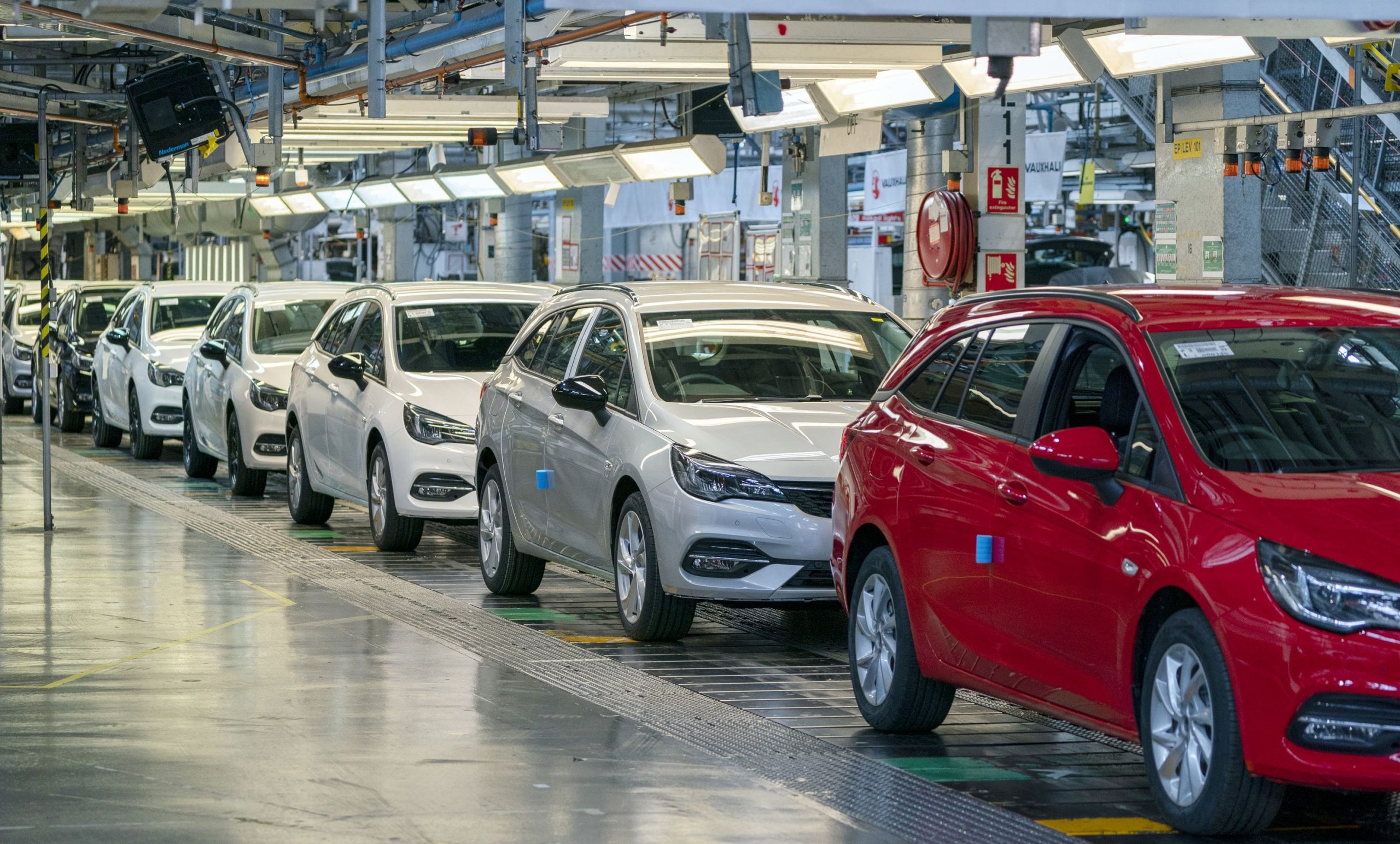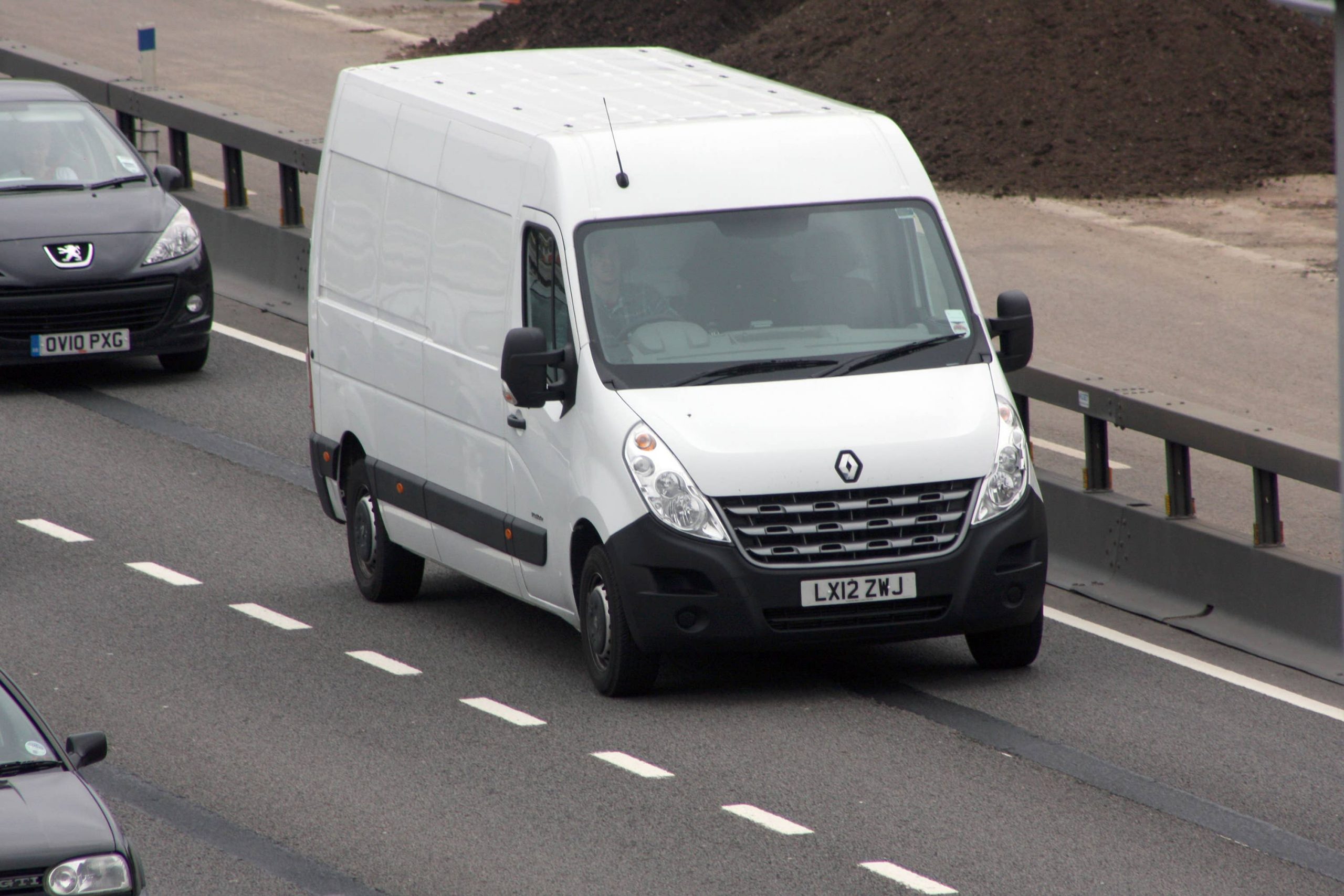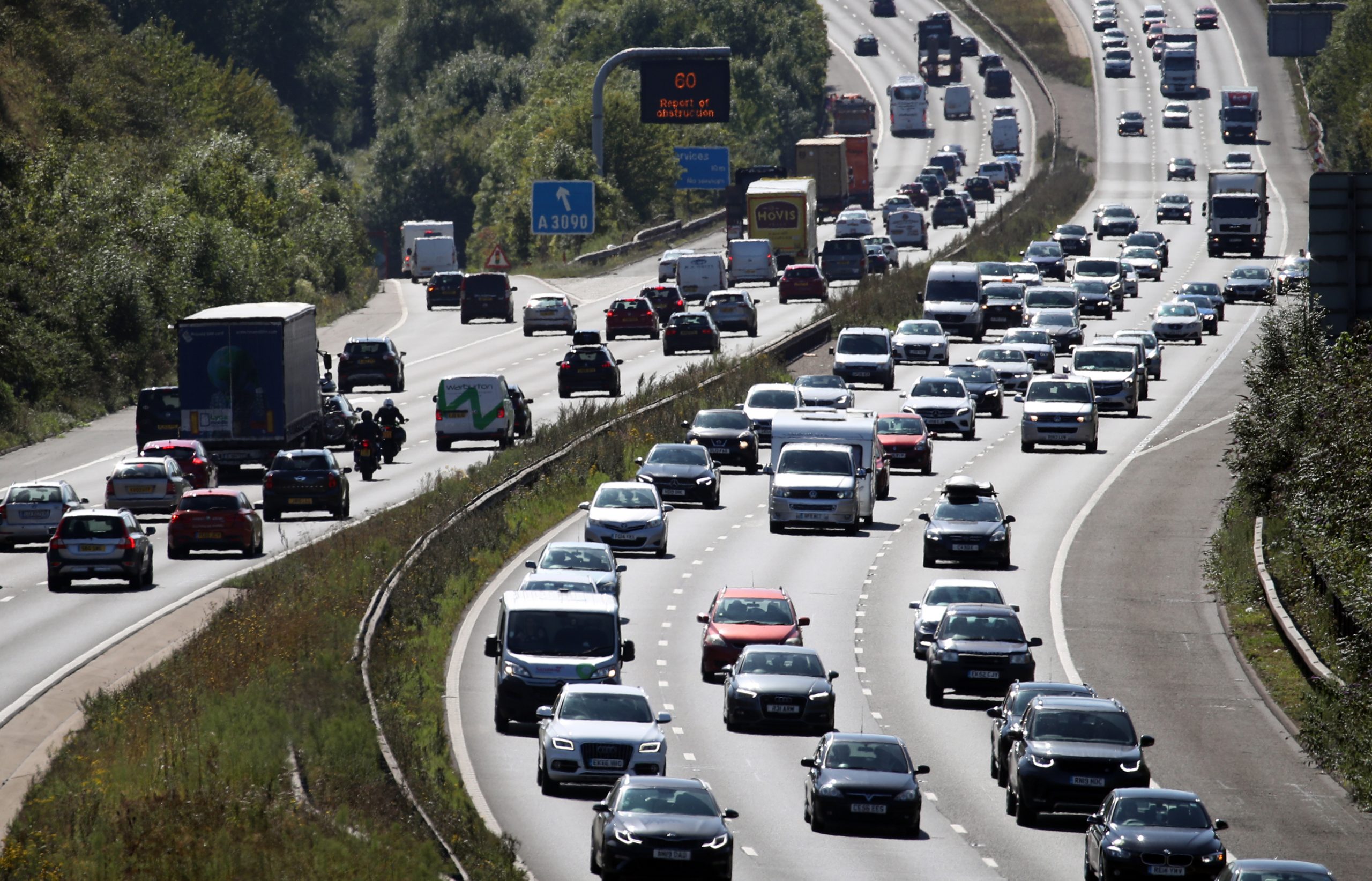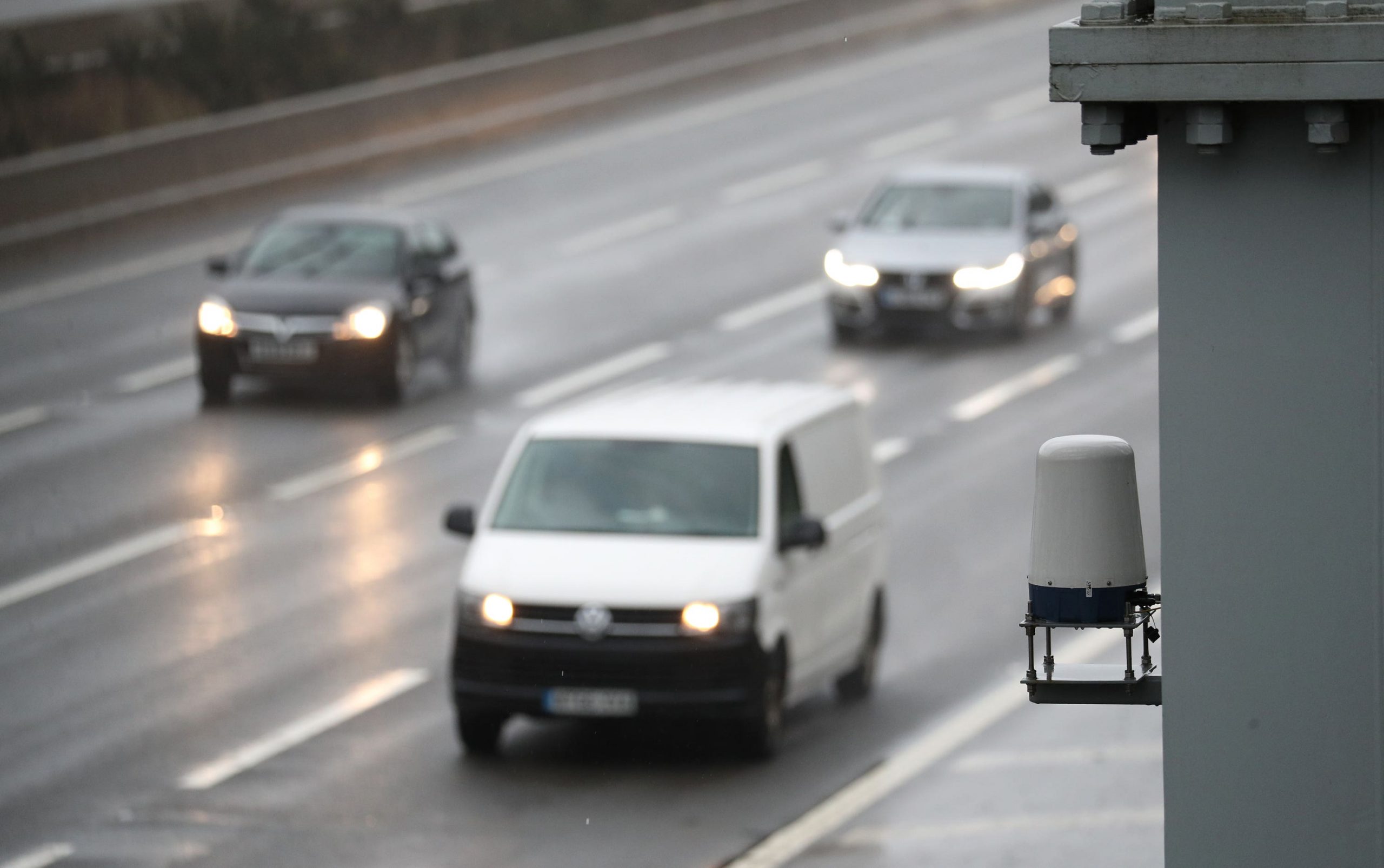Classic car owners are taking detours to avoid smart motorways because they are “frightened” of being hit from behind while stopped in live lanes.
Drivers of cars which are typically older than 25 years said motorways without a hard shoulder have “too many risks” because their vehicles’ age makes them particularly susceptible to breaking down.
AA president Edmund King told the PA news agency the Government and National Highways should “go back to the drawing board” and return lane one of all-lane running smart motorways to a hard shoulder.
Alan Hames, who worked as a highways engineer for more than 50 years before retiring, said he takes detours to avoid smart motorways when driving his 1972 E-Type Jaguar V12 Roadster.
He added 26 miles to a return trip from his home in Northamptonshire to a recent rare-car event in south-west London by using the M40 – which has a hard shoulder – rather than the M1, which does not.
Breaking down on a smart motorway “brings too many risks for classic car owners”, the 80-year-old said.
“I know many other classic car owners who take long detours to avoid these deadly smart motorway death traps.
“Our classics are well looked after but cars like mine built 50 years ago are not as reliable as modern motors.
“At least a hard shoulder gives drivers the option of getting to relative safety.”
Around 10% of England’s motorway network is made up of smart motorways.
They involve various methods to manage the flow of traffic, such as converting the hard shoulder into a live running lane and variable speed limits.
Gaynor Cauter, editor of Jaguar Driver magazine, said she is one of many car enthusiasts who try to steer clear of smart motorways.
“I hear regularly from drivers of Jaguars – classic and modern – who are so frightened of breaking down on smart motorways that they make every effort to avoid them, and I include myself in that number,” she said.
“However, on some journeys, they are almost impossible to avoid.”
A National Highways report into SVD (stopped vehicle detection) trials published in 2016 stated that there were difficulties detecting small cars such as the Mazda MX5 sports coupe, which has a height of only 1.2 metres.
But the company is confident the development of the radar-based technology means there is no longer a specific problem related to the size of vehicles.
Safety regulator the Office of Rail and Road said earlier this month that detection rates of stopped vehicles by SVD in National Highways’ five regions with smart motorways without a hard shoulder is between 59.6% and 79.6%, whereas the company’s target is 80%.
Classic car owner Alice Kimberley, 61, of Wiltshire, said: “I have been driving my classic MX5 fearlessly for 30 years but now am concerned about venturing out on the new M4 smart motorway with the added danger of perhaps going under the radar or having nowhere to go if I did happen to break down.
“I try to avoid smart motorways if I can.”
National Highways operational control director Andrew Page-Dove said: “Stopped vehicle detection is required to detect all types of vehicles that use our motorways.
“We have met our commitment to put it in place on existing all-lane running motorways, and work is now under way to further improve the system to make journeys on our busiest roads even safer and more reliable.”
In January, the Department for Transport halted the development of new smart motorways without a hard shoulder until five years of safety data has been collected for schemes introduced before 2020.
Multiple surveys have indicated that many drivers do not use the inside lane on smart motorways as they are worried there might be a broken-down vehicle ahead.
Mr King said: “Prime Minister Rishi Sunak described smart motorways as ‘unsafe’.
“It really is time for National Highways and transport ministers to go back to the drawing board.
“The rollout of new smart motorways has been halted but urgent action is needed on the current confusion.
“Reinstating the hard shoulder and enforcing better lane discipline might just do the trick.”

